See below for book excerpt about Roberto Clemente.
If there was an award for “Most Valuable Sportswriter,” I would vote for Dave Zirin. His writing combines vivid narrative, good humor, impressive knowledge of the game, and a keen awareness of the connection between sports and the world outside.” —Howard Zinn
Dave Zirin offers a chronicle of larger-than-life sporting characters and dramatic contests and what amounts to an alternative history of the United States as seen through the games its people played. Through Zirin’s eyes, sports are never mere games, but a reflection of — and spur toward — the political conflicts that shape American society.
Half a century before Jackie Robinson was born, the black ballplayer Moses Fleetwood Walker brandished a revolver to keep racist fans at bay, then took his regular place in the lineup. In the midst of the Depression, when almost no black athletes were allowed on the U.S. Olympic team, athletes held a Counter Olympics where a third of the participants were African American.
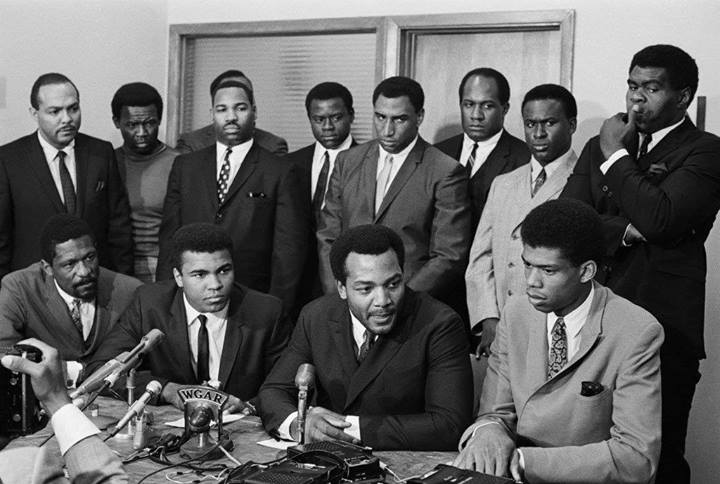
On June 4, 1967, Black athletes met in Cleveland to discuss their support for Ali. Click on the image to learn more.
A People’s History of Sports in the United States is replete with surprises for seasoned sports fans, while anyone interested in history will be amazed by the connections Zirin draws between politics and pop flies. As Jeff Chang, author of Can’t Stop Won’t Stop, puts it, “After you read him, you’ll never see sports the same way again.” [Publisher’s description.]
Excerpt from the Book
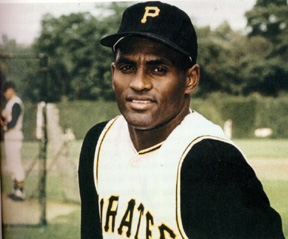
Roberto Clemente
Here is an excerpt about Roberto Clemente:
Thanks to Nixon’s elaborate obsession with audio technology, we know that his immediate concern after the [December 23, 1972] earthquake was not the horrific loss of life in Nicaragua [in Central America] but rather that the country would “go communist” in the ensuing chaos. Instead of providing relief, he sent in paratroopers to help the Nicaraguan National Guard keep order. Somoza had issued shoot-to-kill orders against anyone foraging for food, but not before shutting down all the service agencies that were feeding people . . .
Roberto Clemente had many friends in Nicaragua. He was also haunted by the thoughts of the children he had visited over the years. In twenty-four hours’ time he had set up the Roberto Clemente Committee for Nicaragua. Fear for his friends was supplanted by fury when he heard stories of Somoza’s troops seizing aid for their own enrichment. One friend returned to Puerto Rico with a story that he stopped Somoza’s troops from seizing his supplies by saying that if they didn’t let the supplies through, he would tell the great Roberto Clemente what was taking place. Clemente took from this that he himself would have to go to Nicaragua to make sure the aid got where it was supposed to go.
On December 31, 1972, he boarded a ramshackle plane overloaded with relief supplies . . . The plane went down a thousand yards out to sea and Clemente’s body was never recovered . . .
In the days after Clemente’s death, an obituary ran in the newspaper of the Black Panthers. The Panthers thanked Clemente for supporting the breakfast programs and health clinics operated by their Philadelphia chapter. . . The obit ends this way: “It is ironic that the profession in which he achieved ‘legendry’ knew him the least. Roberto Clemente did not, as the Commissioner of Baseball maintained, ‘Have about him a touch of royalty.’ Roberto Clemente was simply a man, a man who strove to achieve his dream of peace and justice for oppressed people throughout the world.”
ISBN: 9781595584779 | The New Press
Related Resources
- Why We Need a People’s History of Sports. Article by Dave Zirin, Huffington Post.
- Dave Zirin’s weekly blog The Edge of Sports.
- More books and films by Dave Zirin.
- Books and films on people’s history of sports by Zirin and other authors.
- Listen to an audio recording of Dave Zirin discuss Black athletes and the Black Freedom Struggle below.

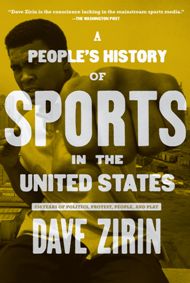

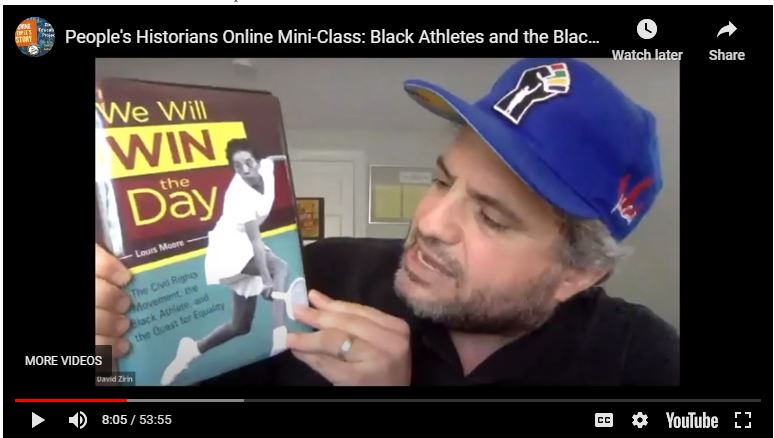
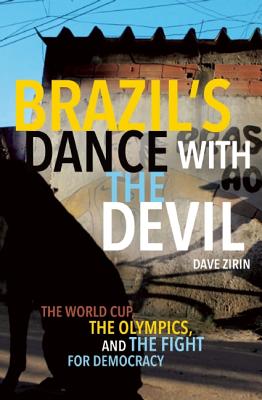
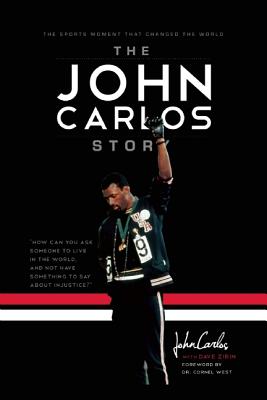
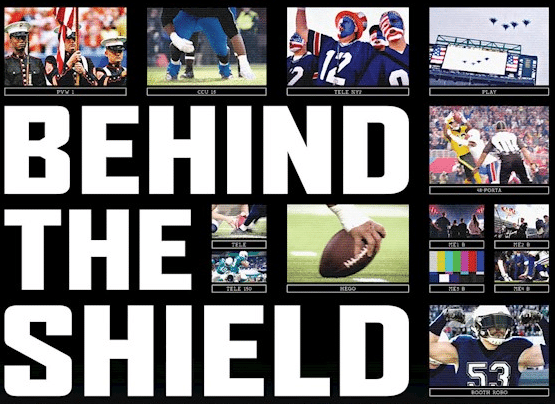







I love it! Very powerful story